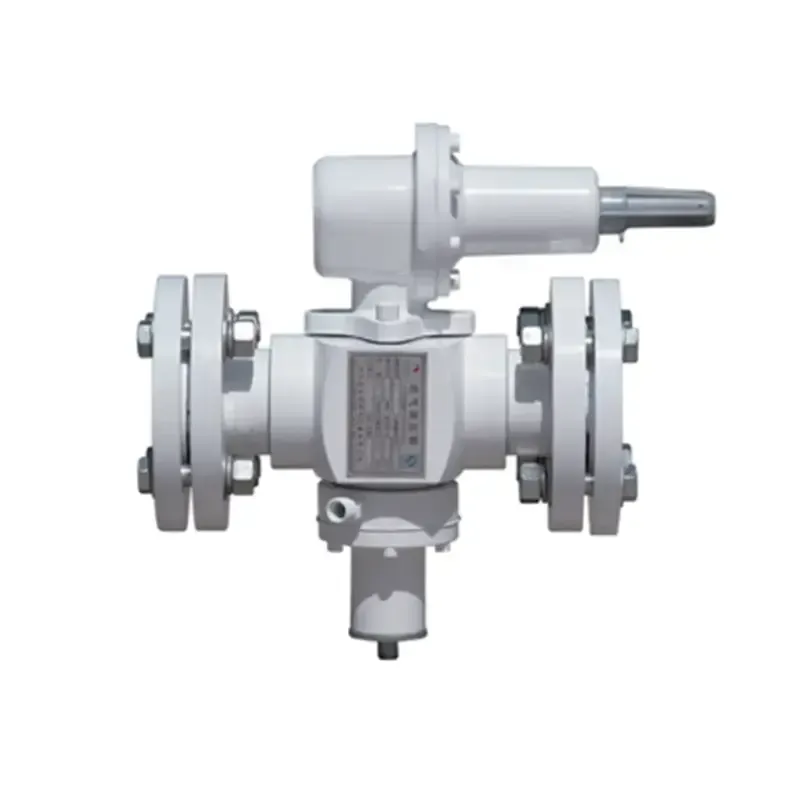
Dec . 17, 2024 04:48
Back to list
gas filter
Understanding Gas Filters Essential Components for Clean Air
In today’s industrialized world, the need for clean air has never been more critical. Gas filters play a vital role in this context, functioning as crucial components in various applications, from manufacturing to environmental protection. They are designed to remove harmful gases and particulates from air streams, improving air quality and ensuring compliance with environmental regulations. In this article, we will explore the importance of gas filters, their working principles, types, and applications.
The Importance of Gas Filters
Gas filters are essential in industries where air quality is paramount. They help remove toxic gases, volatile organic compounds (VOCs), and other harmful pollutants from the air, which can pose health risks to workers and the general public. By filtering these undesirable components, gas filters contribute to creating a safer and healthier working environment. Moreover, many industrial facilities are required by law to adhere to strict emissions regulations, and gas filters are an integral part of the technology that ensures compliance.
How Gas Filters Work
Gas filters operate using several technologies, including adsorption, absorption, and combination filtration systems.
1. Adsorption This process involves the adherence of gas molecules to the surface of a solid material, known as an adsorbent. Common adsorbents include activated carbon and silica gel, which are highly effective in capturing a range of gaseous substances.
2. Absorption Unlike adsorption, absorption refers to a process where gas molecules dissolve into a liquid or solid. This method is often used for capturing soluble gases. For instance, scrubber systems use chemical solutions to absorb and neutralize harmful gases.
3. Combination Systems Many modern gas filtration systems employ a combination of adsorption and absorption techniques to maximize efficiency. These systems are designed to tackle multiple contaminants, providing a comprehensive solution for air purification.
Types of Gas Filters
There are several types of gas filters available, each tailored for specific applications and types of pollutants
. Some common ones include- HEPA Filters High-Efficiency Particulate Air (HEPA) filters are primarily used to capture solid particulates, such as dust, pollen, and mold spores. They are widely used in cleanrooms and healthcare facilities.
gas filter

- Activated Carbon Filters These filters are excellent for removing organic compounds and odors from the air. They are frequently used in residential air purifiers, industrial exhaust systems, and chemical processing.
- Chemical Filters These filters use reactive media to neutralize specific gases, such as acid gases (e.g., sulfur dioxide and hydrochloric acid) during industrial processes.
- Biological Filters These systems employ biological processes to reduce odor and toxic elements in gaseous emissions. They are often used in municipal waste treatment facilities and composting operations.
Applications of Gas Filters
Gas filters find applications in numerous sectors including
1. Industrial Manufacturing In industries like petrochemicals and pharmaceuticals, gas filters are essential for controlling environmental emissions and ensuring the safety of workers.
2. HVAC Systems Heating, ventilation, and air conditioning (HVAC) systems utilize gas filters to maintain indoor air quality by removing unwanted gases and particulates.
3. Environmental Protection Gas filters are critical for controlling air pollution in urban areas, especially as cities strive to meet air quality standards and combat climate change.
4. Automotive Sector Catalytic converters in vehicles act as gas filters, reducing harmful emissions before they are released into the atmosphere.
Conclusion
Gas filters are indispensable tools in the quest for clean air. By effectively removing harmful gases and particulates, they play a vital role in protecting health, ensuring regulatory compliance, and promoting environmental sustainability. With advancements in filtration technology, the effectiveness and efficiency of gas filters continue to improve, making them more critical than ever in the fight for clean air. As we move toward a more environmentally-conscious future, the significance of gas filters in various applications will only continue to grow.
Next:
Latest news
-
Safety Valve Spring-Loaded Design Overpressure ProtectionNewsJul.25,2025
-
Precision Voltage Regulator AC5 Accuracy Grade PerformanceNewsJul.25,2025
-
Natural Gas Pressure Regulating Skid Industrial Pipeline ApplicationsNewsJul.25,2025
-
Natural Gas Filter Stainless Steel Mesh Element DesignNewsJul.25,2025
-
Gas Pressure Regulator Valve Direct-Acting Spring-Loaded DesignNewsJul.25,2025
-
Decompression Equipment Multi-Stage Heat Exchange System DesignNewsJul.25,2025

